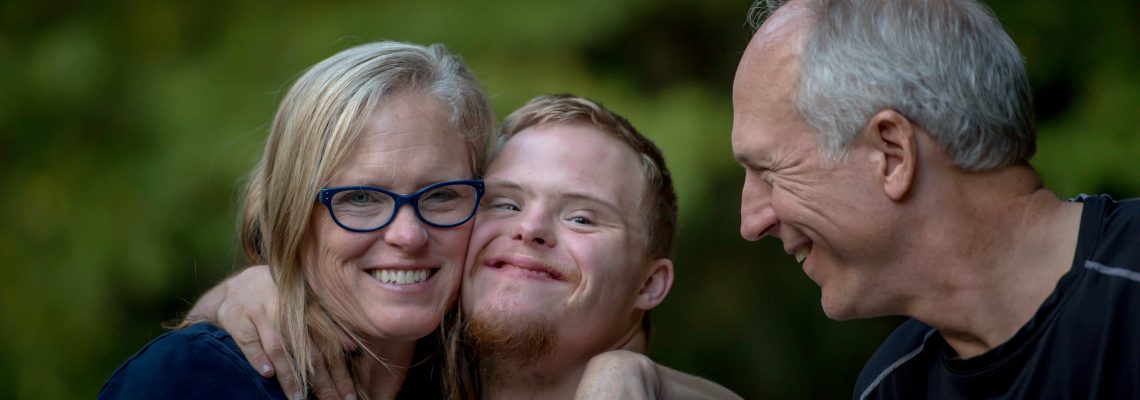Emergency Services:
Emergency-response professionals are available for psychiatric emergencies. Your local police department, fire department, and the medical professionals working in the emergency room at your local hospital depend upon the emergency interventions provided by your community mental health center every day. Available 24 hours a day, seven days a week, emergency psychiatric services are part of the safety-net of essential services that your community depends upon.
Emergency Contact Numbers:
Berlin: 603-752-7404
Claremont: 800-564-2578
Colebrook: 603-237-4955
Concord: 844-753-5748
Conway: 603-447-2111
Derry: 603-434-1577, option 1
Dover: 603-516-9300
Exeter: 603-772-2710
Franklin: 844-753-5748
Groveton: 603-636-2555
Jaffrey: 603-357-4400
Keene: 603-357-4400
Laconia: 603-528-0305
Lebanon: 800-564-2578
Littleton: 603-444-5358
Manchester: 800-688-3544
Nashua: 800-762-8191
Newport: 800-564-2578
Peterborough: 603-357-4400
Plymouth: 603-528-0305
Portsmouth: 603-431-6703
Rochester: 603-516-9300
Salem: 603-434-1577, option 1
Winchester: 603-357-4400
Wolfeboro: 603-569-1884
Woodsville: 603-747-3658
Key Services
While specific programs vary in different communities, the following list encompasses the core services available through the community mental health system in New Hampshire:
Supporting adults living with severe mental illness. Over forty years of successful community-based support and recovery-oriented, evidence-based treatment protocols has proven that many adults living with severe and persistent mental illness (SPMI) can be best served – and more cost effectively served – through a local community mental health center. The medical, behavioral, and social supports available through community mental health centers provide these individuals with the tools to manage their symptoms and live successfully in our community. Without this kind of support, the only option for many individuals is incarceration and/or hospitalization, at great fiscal and social cost to the State of New Hampshire.
Helping youth and families recover, heal, and develop new skills for living. The children served through the mental health center system are dealing with a range of mental health issues of significant severity, and their families often experience multiple problems as well. We work with local schools and other agencies to intervene and treat children. Community mental health centers are on the front lines of helping children negotiate the difficulties they face in childhood, which we believe is the best way to ensure a better future for us all.
Assisting older adults and their families facing mental health challenges – such as depression and age-related dementias – is critical to their overall healthcare needs. As the “baby boom” generation ages, the demand for mental health services for elders will continue to grow. The community mental health centers have received national recognition for pioneering a “wrap-around” service model that brings together and coordinates all of the services available to elders , who often present multiple medical, social, and mental health needs.
